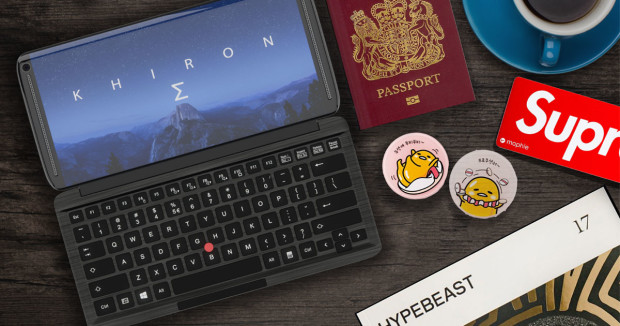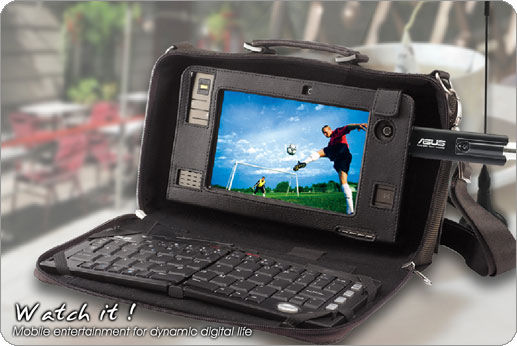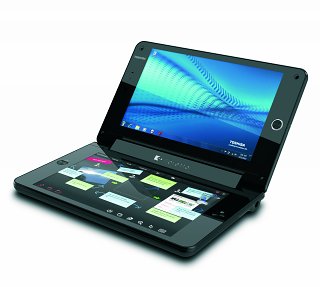darkmaximus9
Member
yo
its been a while
i got a pocketchip
now on to more weird and obscure electronics
[doublepost=1496153119,1496152574][/doublepost]weird 2007 *gaming thing classified as an umpc*,sure
http://www.wi-max.it/UMPC_t2.jpg
weird umpc
http://ww1.prweb.com/prfiles/2007/01/04/495255/openangledwithlogofull.jpg
heres something i have never heard of it looks amazing...
https://upload.wikimedia.org/wikipe...st-080508.jpg/250px-Pandora-latest-080508.jpg
and thats enough for todays daily obscure electronics hosted from darkmaximus9,bye
[doublepost=1496153180][/doublepost]omg its haunting me
https://tgsreviews.files.wordpress.com/2006/10/ag-umpc.jpg?w=455
its been a while
i got a pocketchip
now on to more weird and obscure electronics
[doublepost=1496153119,1496152574][/doublepost]weird 2007 *gaming thing classified as an umpc*,sure
http://www.wi-max.it/UMPC_t2.jpg
weird umpc
http://ww1.prweb.com/prfiles/2007/01/04/495255/openangledwithlogofull.jpg
heres something i have never heard of it looks amazing...
https://upload.wikimedia.org/wikipe...st-080508.jpg/250px-Pandora-latest-080508.jpg
and thats enough for todays daily obscure electronics hosted from darkmaximus9,bye
[doublepost=1496153180][/doublepost]omg its haunting me
https://tgsreviews.files.wordpress.com/2006/10/ag-umpc.jpg?w=455







